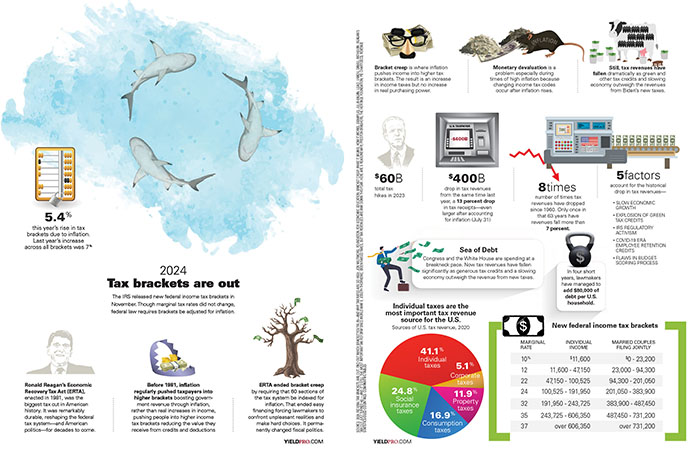The study, which polled thousands of workers worldwide, reveals a substantial cost of workplace conflict. It found that workplace conflict is nearly universal, with 85 percent of all workers having dealt with it. Employees on average spend 2.1 hours a week dealing with conflict. However, this figure rises to 2.8 hours in the U.S., where roughly one in three say that conflict has led to personal injury or attack, while 22 percent report that it has led to illness or absence from work. Ten percent of workers report project failure due to conflict.
“These figures should be a wake-up call to industry leaders,” said Jeff Hayes, CEO, of CPP, Inc. the research firm that conducted the survey and developer of Meyers-Brigg testing. “Companies are losing billions of dollars because of poorly managed conflict, and we expect that figure to grow in a down economy as stress and workload — two of the biggest causes of conflict — rise.”
The study also uncovered a significant variance between managers’
appraisal of their own ability to manage conflict and the observations of the employees under them. Nearly 31 percent of managers feel they’re skilled at dealing with conflict. However, only 22 percent of employees feel that their managers deal with conflict well.
“If acknowledgement of a problem’s existence is the first step toward solving it, this gap between perception and reality is troubling,” said Rich Thompson, director of research, CPP, Inc.
However, the study also shows that properly-managed conflict actually benefits an organization, the key determinant being whether it trains its managers to handle differences constructively.
“Conflict is a normal and essential part of the human condition that companies should work to manage rather than eliminate,” said Thompson.
“An organization without conflict may also lack that all-important creative spark.”
In the U.S., 81 percent of workers report having seen positive outcomes from workplace conflict. Nearly half of all surveyed said they had emerged from workplace conflict with a better understanding of others, while around a third report improved working relationships, and almost as many (29 percent) found better solutions to problems.
Around one in ten even saw a major innovation, while 21 percent saw higher performance in their team.
Positive outcomes, however, are directly tied to conflict management training.
“This research clearly shows the astounding amount of workplace debate, disagreement, and negotiation that take place in business,” said Josh Bersin, president and CEO of Bersin & Associates, a leading analyst firm in enterprise learning and talent management. “If high performing business and HR leaders are to turn conflict into positive business change, they must take the time to coach and train their employees to effectively deal with differences of opinion, style, and points of view.”















